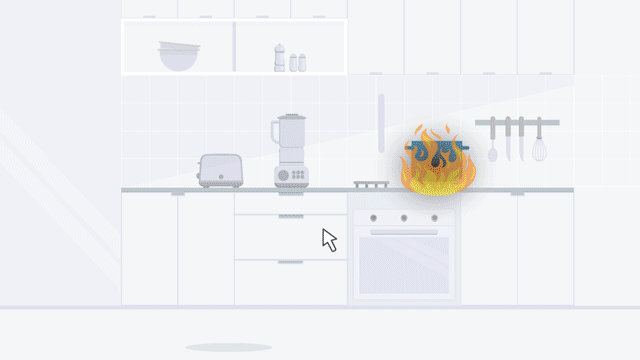There are plenty of communication training sessions and blogs out there for physicians who need to bridge the gap with patients. However, most of us working in healthcare are not physicians and healthcare specialists. Most talk to patients every day and sometimes not even directly. We also share a common goal: helping patients understand healthcare knowledge better. In this article, F. Learning Studio provides some effective ways to improve communication in healthcare and how they are applied in your work context.
How to Improve Communication Skills in Healthcare
1. Reduce differences in perception/ perspective:
There are two types of perception differences:
- Different perceptions between patients and physician
Let’s say you visit a hospital to check your back. Would you prefer the doctor to tell you how to reduce the back pain or how your MRI is? When you meet doctors, some information is missed due to jargon barriers and perspective differences.
Reducing different perceptions is setting a common ground between patients and healthcare providers. A tip for a successful patient education campaign is to list patients’ common misleading to reduce noise during the campaign.
- Difference perceptions between patients
Even if patients have the same disease or symptoms, their perception is different due to various backgrounds. Like a fifteen-year-old is qualified to drive, you must standardize patients before educating them. When building patient profiles, you can research demographics and other implicit factors like their online and offline behaviors and underlying needs. Thus, you can group patients more mindfully and choose suitable approaches in the campaign.
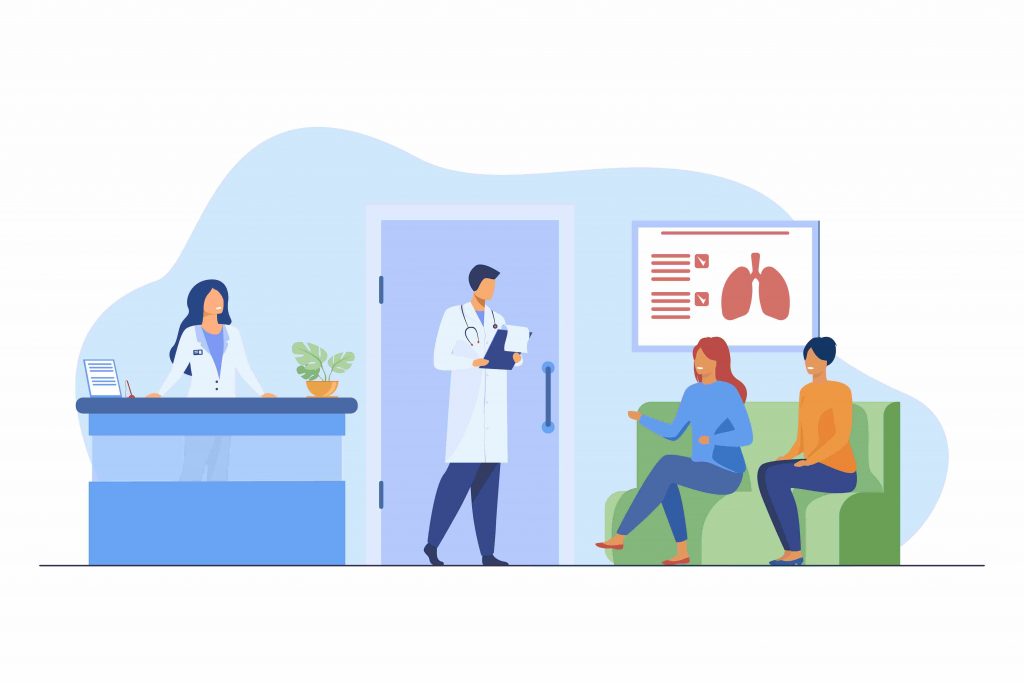
2. Use simple language
Replaced medical jargon with simple language is easier said than done because understanding healthcare knowledge is not enough. Simply language is the collaboration of healthcare knowledge and a writing mindset. When looking for ways to improve communication in healthcare, consider these writing techniques from our Content Lead:
- Organize your thinking
- Use active voice
- Remove unnecessary words
- Replace words with illustrations, examples, etc
- Use short sentences
NOTE:
Simple writing doesn’t mean lazy writing or dumb writing. Overuse of simplifying medical jargon may reduce the accuracy of healthcare knowledge. It’s important to let your healthcare experts and your writer work together.
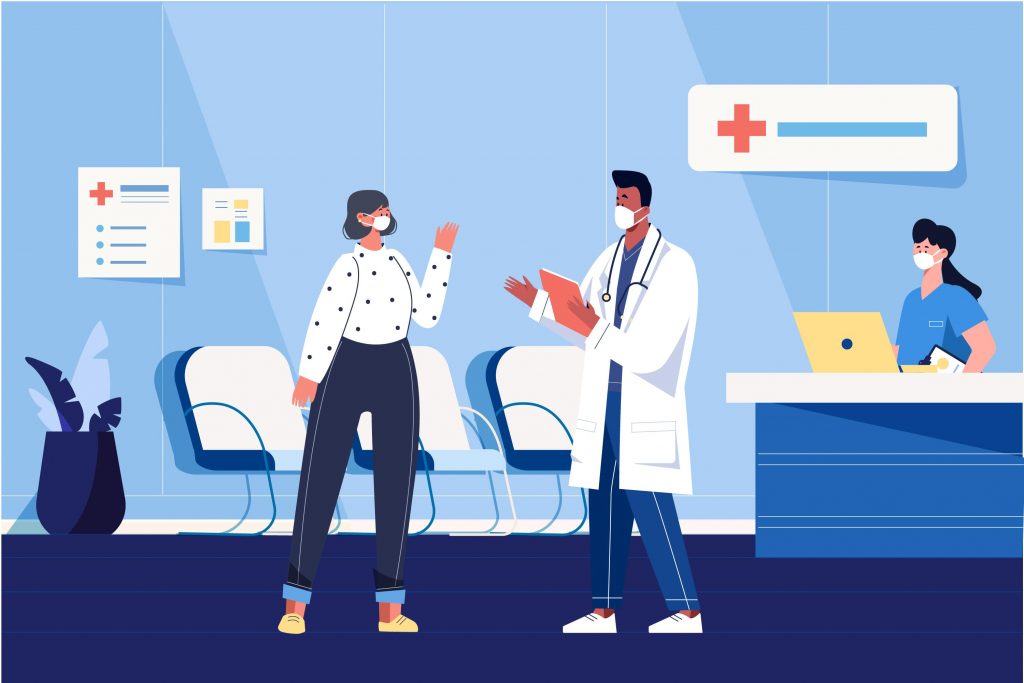
3. Choose the proper media
One of the common mistakes in executing a patient communication campaign is choosing a media because of its convenience. Thus, one of the most important communication strategies in healthcare is choosing the right delivery.
It’s worth pausing for a moment: if convenience is the reason, you choose the proper media in a communication manager’s shoes, not patients’ shoes. We understand your time pressure, especially in the execution phase. However, before publishing the healthcare content, ask yourself how patients feel when they see it, how deeply they understand or whether any other media helps patients absorb knowledge better.
Remember one of the “writing simply” tips we mentioned above? Instead of using words, you can consider other proper media like animation, illustration, etc. A highly visual video with a fun vibe makes patients recall knowledge and entertains them.
Below is F.Learning’s healthcare video on the topic of blood thinners. With a full-of-jargon healthcare topic, imagine how hard it can be if we use words to deliver.
Recommend reading:
4. Active listening
What healthcare providers intend to say and what patients hear are not always the same. Even if you deliver a healthcare message many times, patients still mishear something. Thus, the best way to create a knowledge check for patients is to let them respond, give feedback, and ask questions. You can add a Q&A section or minigame during your healthcare campaign. The small strategy creates a significant emotional connection to patients. Below is one of our interactive quizzes F. Learning Studio made:
5. Avoid information overload
Healthcare knowledge is heavy, and people need time to absorb it. In that situation, the best way is to break down information into bite-sized and let patients slowly understand it one by one. Don’t worry about setting boundaries for healthcare knowledge. If you feel you need to do to fit an adult’s short attention span, it’s OK. Because treatment is a long journey, like a weight loss journey, and patients take time to finish each mile to create new habits. Bite-sized knowledge also makes patients engage and remember better.
Take a look at how healthcare providers educate people to prevent COVID-19 worldwide. Many bite-sized pieces of information like how to wear a mask, wash hands, test for COVID at home, etc., were published. This information helps us prevent COVID-19 and create new healthcare habits after the pandemic.
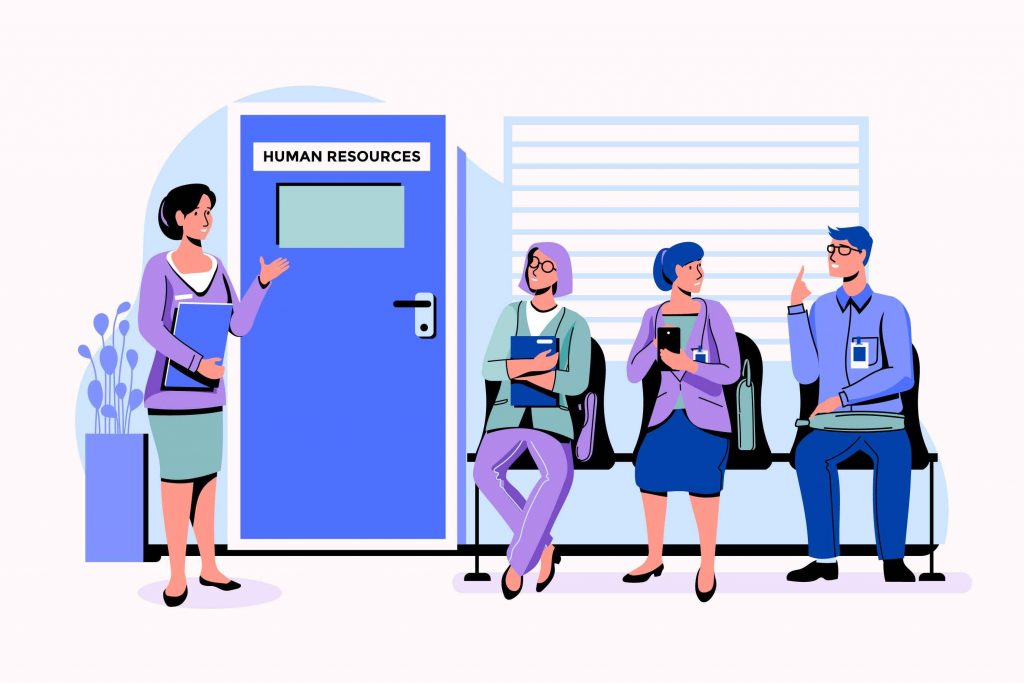
6. Provide constructive information
Even if your healthcare information is bite-sized, it can still be hard for patients to see a clear picture of their treatment/preventive healthcare journey. It is because we are not constructive enough in delivering messages. Be clear about what patients should know first and what they should know later. Also, don’t let patients become confused about your healthcare knowledge hub – if you don’t create a pathway to guide patients to find information, patients may find it hard to stay loyal to your campaign and drop into the middle way.
When it comes to improving communication in healthcare, another tip is to consider dividing your campaign into different phases if you have many healthcare or multi-layer messages. You will utilize resources to focus on small goals at a time, and patients find it easier to take action.
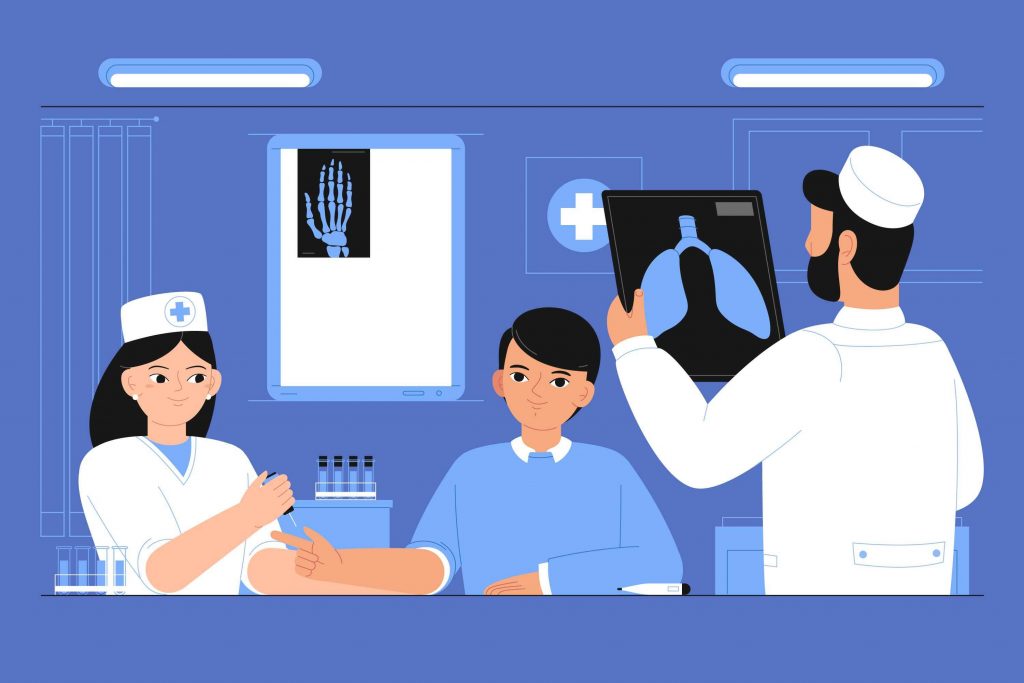
7. Emotional state
We’ve worked with many healthcare communication managers to realize that most heavily focus on healthcare knowledge. However, focusing on emotions is one of the most effective ways to improve communication in healthcare. A doctor doesn’t have to tell everything about the treatment; they can share empathy with patients about the pain, the life, etc. Like a gun trigger, if a healthcare communication manager finds an emotional soft spot, he will quickly build a trust bank with patients and make them follow the treatment no matter how hard it is. Addressing emotions is a part of a successful healthcare campaign using powerful and inspirational stories to raise awareness.
The below video from Bliss is one of the most healthcare content that inspires us. The video captures a deep and emotional insight into patients who have sick and premature babies. No medicine, no treatment; the video with the story “impossible hug” reveals the sad of hugging a premature baby is impossible.
Recommend reading:
8. Consider the communication environment
Since patient education is a human-oriented communication, the environment is essential. When conducting a healthcare communication event (online and offline), a private place with a low level of distraction helps patients concentrate more on the information.
So, what is a good communication skill in healthcare?
The answer depends on different contexts. To maximize the above tips, you should set goals and objectives that fit the communication context. Also, do deep research about your patients to explore your ways to improve communication in healthcare. And when you get ready, reach out to a healthcare video animation service like F. Learning Studio to get your ideas brought to life.
Read more:
- Top Patient Engagement Trends for 2026 that Are Worth Your Consideration
- Top Healthcare Video Production Companies to Work With [Update 2026]
- iCareBetter case study: Apply Whiteboard Animation in Patient Education

Sean Bui, the founder and creative director of F.Learning Studio, is a respected leader in the e-learning and multimedia production industry. With over 10 years of experience, he has dedicated his career to helping organizations create engaging and impactful learning experiences.
Under his leadership, F.Learning Studio has grown into a trusted partner for organizations in the education, healthcare, and corporate training sectors, producing over 2,000 minutes of educational animation.


